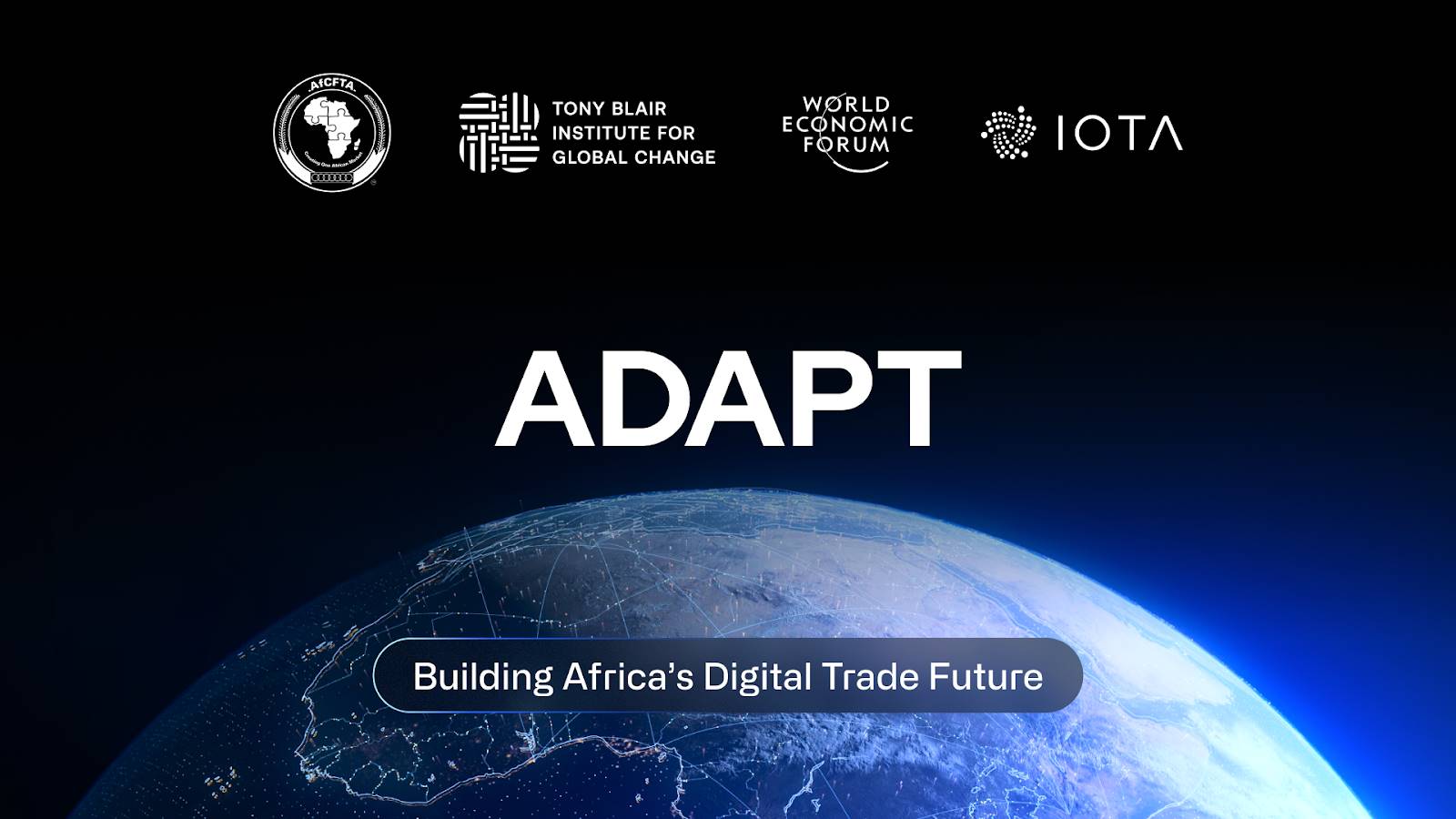Blockstream launches Simplicity to bring verifiable contracts to Bitcoin
Blockstream’s newly launched Simplicity language brings formally verifiable contracts to Bitcoin’s Liquid Network, offering institutions a new logic they can trust. By anchoring to Bitcoin’s UTXO model, it sidesteps the fragility that plagues state-based systems.
- Blockstream has launched Simplicity, a new smart contract language for Bitcoin’s Liquid Network, emphasizing formal verification and security.
- Unlike Ethereum’s global state model, Simplicity uses Bitcoin’s UTXO structure to avoid reentrancy and state-based vulnerabilities by design.
- The language aims to unlock Bitcoin-native use cases such as programmable vaults, stateless DEXs, and institutional custody without third-party bridges.
In a press release dated July 31, blockchain infrastructure firm Blockstream announced the production deployment of the Simplicity smart contract language on the Liquid Network, its federated Bitcoin sidechain, which hosts over $3.2 billion in total value locked.
The release culminates twelve years of research dating back to initial concepts by Blockstream mathematician Dr. Russell O’Connor, with core development led by the same team behind Bitcoin’s Taproot upgrade.
Unlike Ethereum-style smart contracts, Simplicity contracts are mathematically verifiable before execution, deliberately omitting features prone to exploits and favoring formal verification over flexibility. Blockstream said the release also includes a roadmap for SimplicityHL, a higher-level abstraction layer intended to broaden developer access.
How Simplicity reinvents Bitcoin contracts
While Ethereum and its peers rely on global state models that expose entire networks to potential failures, Simplicity enforces a Bitcoin-native approach: contracts must be self-contained, with all necessary data explicitly passed in each transaction. This eliminates entire classes of vulnerabilities, from reentrancy attacks to state corruption, by design rather than by patch.
The implications for institutional adoption are significant. Financial firms have long hesitated to deploy blockchain solutions at scale due to the unpredictable failure modes of existing smart contract systems. Simplicity changes that calculus by introducing formal verification, a method where contracts can be mathematically proven correct before execution.
This is particularly relevant for high-stakes applications like asset tokenization, where a single bug could trigger regulatory scrutiny or financial losses.
“We designed Simplicity to enable expressive Bitcoin-native applications without inheriting the complexity and fragility of other smart contract ecosystems,” Andrew Poelstra, Director of Research at Blockstream, said. “By combining formal methods with the UTXO model, we’re creating a foundation for secure, programmable finance on Bitcoin that both developers and entities such as financial institutions can depend on.”
The initial use cases outlined by Blockstream reflect this focus on reliability. Programmable vaults with time-locked withdrawals could give institutions enforceable compliance controls, while stateless decentralized exchanges might finally offer a regulatory-friendly alternative to today’s global-state platforms.
Perhaps most compelling is the potential for Bitcoin-native custody solutions, providing threshold signature schemes that don’t require wrapping assets or trusting third-party bridges.
Looking ahead, Blockstream plans to expand Simplicity’s accessibility through SimplicityHL, a higher-level abstraction layer that will reduce the learning curve for developers accustomed to more permissive languages.
Disclaimer: The content of this article solely reflects the author's opinion and does not represent the platform in any capacity. This article is not intended to serve as a reference for making investment decisions.
You may also like
Mars Morning News | Federal Reserve officials send strong hawkish signals again, December rate cut in doubt
The crypto market has generally declined, with bitcoin and ethereum prices falling and altcoins experiencing significant drops. Hawkish signals from the Federal Reserve have affected market sentiment, and multiple project tokens are about to be unlocked. Early ethereum investors have made substantial profits, and expectations for a continued gold bull market persist. Summary generated by Mars AI. The accuracy and completeness of this summary, generated by the Mars AI model, are still being iteratively improved.

IOTA collaborates on the ADAPT project: Building the future of digital trade in Africa together
IOTA is collaborating with the World Economic Forum and the Tony Blair Institute for Global Change on the ADAPT project. ADAPT is a pan-African digital trade initiative led by the African Continental Free Trade Area. Through digital public infrastructure, ADAPT connects identity, data, and finance to enable trusted, efficient, and inclusive trade across Africa.

